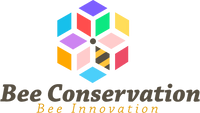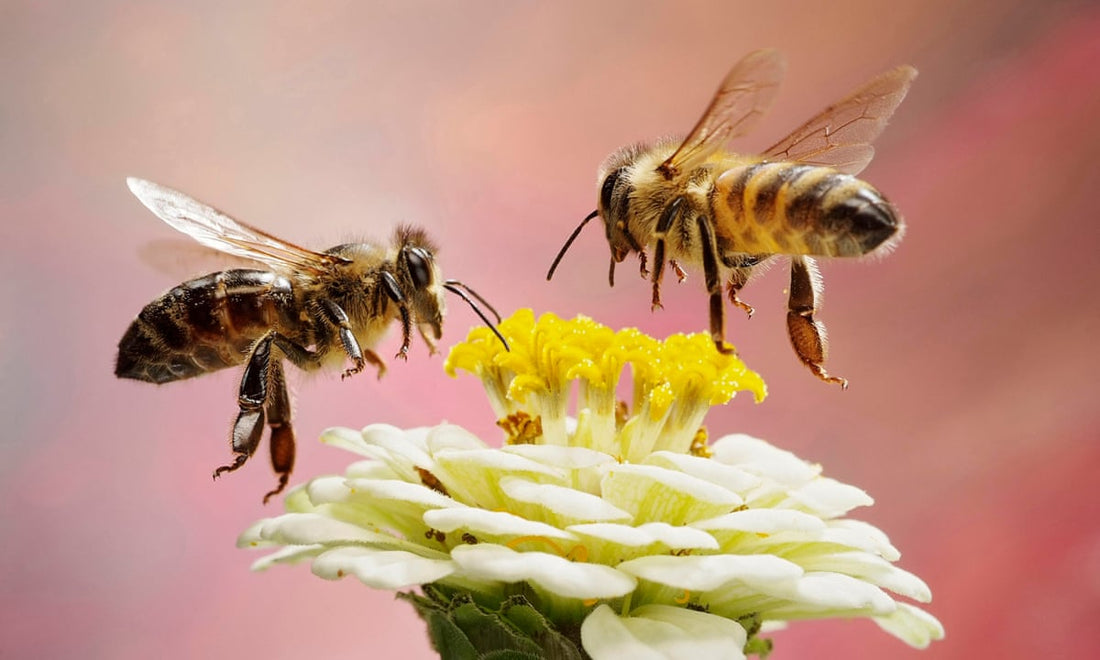Bees are some of our most loved species and humans have been benefitting from them since early civilizations began. Worldwide, there are over 20,000 species of bee with humans controlling just a few species. With the ongoing threat of climate change, bees are at risk of extinction so it is important we make all the efforts we can to prevent this. But how can bees benefit human health? Here's just five ways in which bees can be important to humans:
- Food- We all know honey can be a tasty treat for humans to consume but it has other benefits to human health too. Depending on the purity of the honey, honey can provide antioxidant, antimicrobial, anti-inflammatory, and anti-carcinogenic properties that can boost our immune systems. Most honey you buy in supermarkets is impure due to mass produced honey farmers supplementing their bees with sugar syrup. In order to receive the health benefits from honey, you need to make sure your honey is pure. At Bee Conservation, all our honey is 100% pure and raw and we don't feed our bees sugar syrup!
- Medicine- Honey, beeswax, and bee venom has been used in traditional and modern medicine to treat diseases and even cancers. Honeybee venom contains a chemical called melittin which can kill cancer cells and increasingly, research is being done into this practice
- Pollination- 75% of crops rely on pollination to produce better yields with bees being the most dominant pollinators. For this reason, humans rely on bees to prop up ecosystems and the food chain. Without them, humans would struggle to get enough nutrients in their foods.
- Emergency response- Bees are extremely intelligent animals and respond well to danger to prioritise protecting their colony. Increasingly, bee flight patterns are being studied by researchers to help develop emergency evacuation plans for extreme weather and natural disasters.
- Air Pollution and Disease Control- Biome analysis and pollen tests can be conducted on beehives to help identify pollutants in the air and the presence of diseases. Pollutants such as heavy metals, pesticides, chemicals, and fertilisers can be identified in the pollen that bees collect and this can help humans identify areas for improving air quality in an area. Bee Conservation offers biome analysis and pollen testing services so you and your business can identify potential hazards to human health in the surrounding area. To find out more about our pollen testing and biome analysis services, click here.
These are just some of the ways that bees can contribute to improving human health. Bees and other pollinators are under threat from rising global temperatures and rapid seasonal change. It is all of our responsibilities to protect bees and preserve life on earth for future generations.
To take action as a business or individual, visit beeconservation.org.uk and find out what you can do to help!

